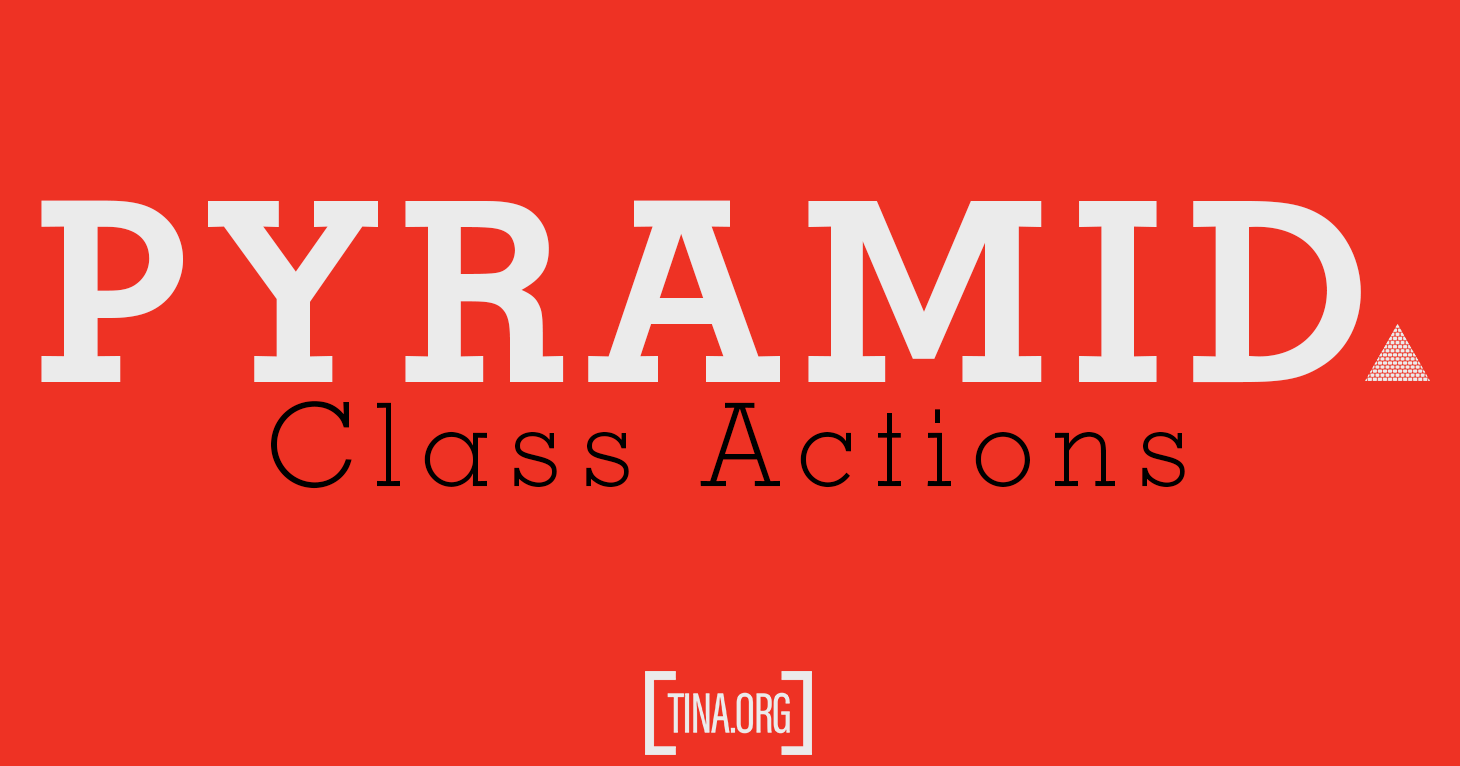
Bitconnect
February 2019: This case was consolidated with several related cases. (Case No. 18-cv-80086, S.D. Fl.) For more information about the consolidated case, click here.
November 2018: This action was transferred to a court in Florida. (Case No. 18-cv-81549, S.D. Fla.)
February 2018: A federal judge granted a preliminary injunction against one of the defendants (Maasen) requiring him to disclose all Bitcoin and other wallet addresses (which are used to send and receive digital currency), allowing him to use his finances only for the specified purposes, and prohibiting him from transferring his assets without the Court’s permission. Also in February, the judge extended the TROs as to the company defendants until the preliminary injunction hearing.
January 2018: A class-action lawsuit was filed against Bitconnect for allegedly falsely marketing its trading and lending platform for the digital currency Bitcoin.
Among other things, plaintiffs claim that the marketing guarantees returns on investments, promises that investors will “earn a daily profit,” and represents that the program is a “safe way to earn a high rate of return … without having to undergo a significant amount of risk” when, according to the complaint, the Risk Disclosure section of its website, which users are not required to read, states that there is no guarantee of “daily profit” or “investor’s capital if the lending system fails.” The complaint alleges that the promoters and affiliates for the company – such as Ryan Maasen who published YouTube videos and is a defendant in the case – bolster the promises of returns. According to the complaint, Maasen made several representations, including that consumers would earn a $100 investment back in 299 days and that consumers could make a million or more dollars within two years.
Plaintiffs also allege that the company is “both a Ponzi scheme and a pyramid scheme” because the promoters and affiliates earn money based on the individuals they direct to deposit money in Bitconnect.
In addition, the complaint claims that the company fails to disclose certain important information, including the identity of the principals at the company, the location of the operations and management of the company, and the means the company uses to guarantee daily returns, among other things. Plaintiffs also allege that Bitconnect violates Kentucky state and federal securities laws.
The day after the complaint was filed, a federal judge entered a temporary restraining order (TRO) prohibiting the defendants from moving assets without the Court’s permission and ordering the defendants to disclose all Bitcoin, cryptocurrency wallet, and trading account addresses. (The TRO was amended in February 2018.)
(Paige et al v. Bitconnect International PLC et al, Case No. 18-cv-58, W.D. Ky.)
For more of TINA.org’s coverage of bitcoin, click here.
Class-Action Tracker


BitConnect Multidistrict Litigation
The Latest

2017-2021 Pyramid Scheme Class Actions
Pyramid scheme claims against MLM companies on the rise.